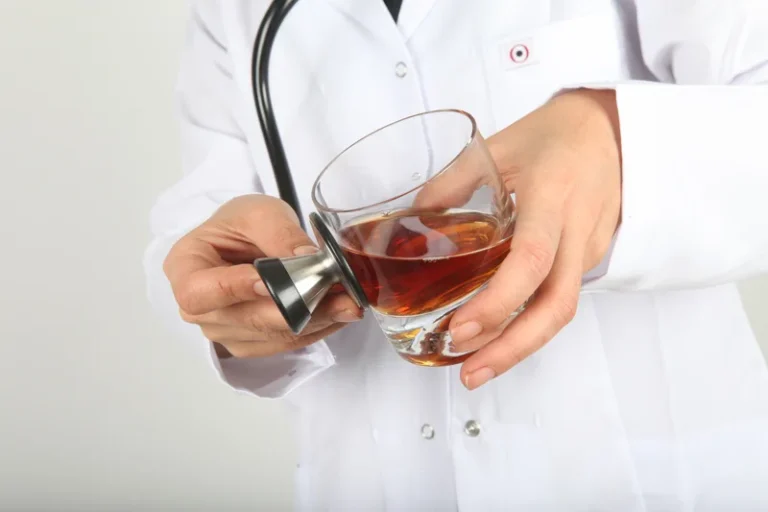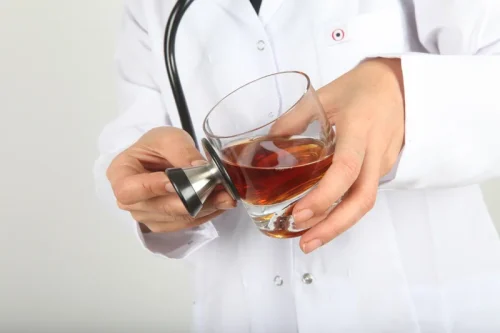Why You Need to Consider Sober Networking in 2023

Relative to the other housing programs, this model was inexpensive and the houses were conveniently located near the outpatient facility. Typically, residents entered these SLHs after establishing some period of sobriety while they resided in a nearby shelter and attended the outpatient program. A significant strength of the Options houses was that residents were able to maintain low alcohol and drug severity at 12-month follow up.
Characteristics of Sober Living Houses
- Sober living homes offer a transitional environment for individuals recovering from addiction.
- The paid subscription groups generally come with additional features, like direct expert support and 24/7 access to recovery coaches.
- These apps feature meeting locators, sobriety trackers, and peer support messaging systems, all designed to maintain user engagement and accountability in their sobriety journey.
- To create an effective sober network, it is crucial to distance oneself from old friendships or relationships that are still involved in substance use or not supportive of recovery.
- 8 Be asober, be bvigilant; cbecause your adversary the devil walks about like a roaring lion, seeking whom he may devour.
- Recovery support groups and sober peers allow you to have real, meaningful relationships with others.
- We hypothesize that barriers to expansion of SLHs might vary by stakeholder groups.
Some people may find the religious language at the core of AA and NA alienating. Founded in the 1930s, AA is a peer-to-peer fellowship that encourages recovery from alcohol use disorder via a structured, spiritually focused 12-step process. When it comes to support systems specifically designed for those in recovery, there are several types and options to explore. Having a substance use disorder and starting recovery might feel isolating, which may affect your relationships with family and friends. Some people might choose https://ecosoberhouse.com/boston-sober-house-roxbury/ to only use recovery support systems on a short-term basis during their active recovery.
Follow us on social media
They can also help address any co-occurring mental health concerns that may be present 5. To learn more about the steps involved in building a sober support network, continue reading our article on steps to sober living. AA meetings provide a safe and non-judgmental environment for individuals to share their experiences, struggles, and triumphs with others who have faced similar challenges. Members receive support and guidance from their peers, fostering a sense of camaraderie and accountability. AA meetings are available worldwide, making it accessible to individuals seeking support in their journey towards sobriety. Having confidence in coping strategies is key to maintaining sobriety.
How to Test for Alcohol Intolerance?
- Peer support is not only effective in reducing relapse rates, but it also enhances overall well-being and provides a sense of purpose and fulfillment.
- The availability of treatment slots for individuals released from jail or prison or particularly lacking.
- Freestanding SLH’s offer a limited amount of structure and no formal treatment services.
- But connecting with an understanding, compassionate community can make a positive impact on recovery and long-term sobriety.
- But for someone working on their sobriety, these ads are far from fun reminders of their addiction.
Recovery support groups and sober peers allow you to have real, meaningful relationships with others. You can develop health relationships based on shared interests and support rather than substance use. People sometimes experiment with drugs or alcohol to boost their social confidence or fit in with a group of friends. However, substance abuse often leads people to become isolated or lonely.
Frequently asked questions about alcohol support groups

As an alternative to faith-based recovery groups, LifeRing believes that you are the person best suited to understand and control your own sobriety. While AA and other 12-step programs may be best known, research indicates that alternative options to 12-step programs, including SMART Recovery, may also be effective. Let’s be clear – having a cocktail in the office or while networking isn’t harmful as long as it’s alcohol-free!

How do sober people meet people?
Similar groups such as Narcotics Anonymous (NA) and SMART Recovery offer structured support tailored to various addictions. Remember that building and maintaining a support network requires effort and ongoing sober networking communication. It’s important to reciprocate support, be open to feedback, and continue seeking help when needed. One of the fundamental aspects of a strong support network is finding individuals who can offer understanding and empathy. These are people who have firsthand experience with addiction or have a deep understanding of the recovery process. Engaging with individuals who can relate to the challenges and triumphs of sobriety can be incredibly beneficial.
Lifestyle

Alcohol use disorder (AUD), formerly known as alcoholism, can have serious consequences, too. Excessive drinking is responsible for approximately 95,000 deaths a year in the United States. Whether it’s “casual” drinks at the office, wine at a company dinner, or beer while trying to close a deal, alcohol is a socially acceptable element of business in some places. For small business owners or solo entrepreneurs, networking is how you’ll boost brand awareness and make valuable connections.
The Sober Network® is driven by its mission to help people: Get Sober. Stay Sober®.

This can be achieved through volunteering, mentoring, or participating in support groups. By sharing their experiences and providing support, individuals in recovery can make a positive impact on others while reinforcing their own sobriety. In the next section, we will explore the importance of maintaining a support network and the role it plays in overcoming setbacks and encouraging relapse recovery. Therapists can play a crucial role in providing personalized support and assisting in the development of effective relapse prevention strategies. Online addiction counseling and therapy services are also available for those who may prefer remote or convenient access to professional support 6.
Get started on the road to recovery
The purpose of these requirements is to help residents successfully transition into the facility, adapt to the SLH environment, and develop a stable recovery program. Every individual’s journey to sobriety is unique, and what works for one person may not work for another. When it comes to maintaining sobriety in the long term, it’s important to adopt personalized approaches and effective prevention strategies.
